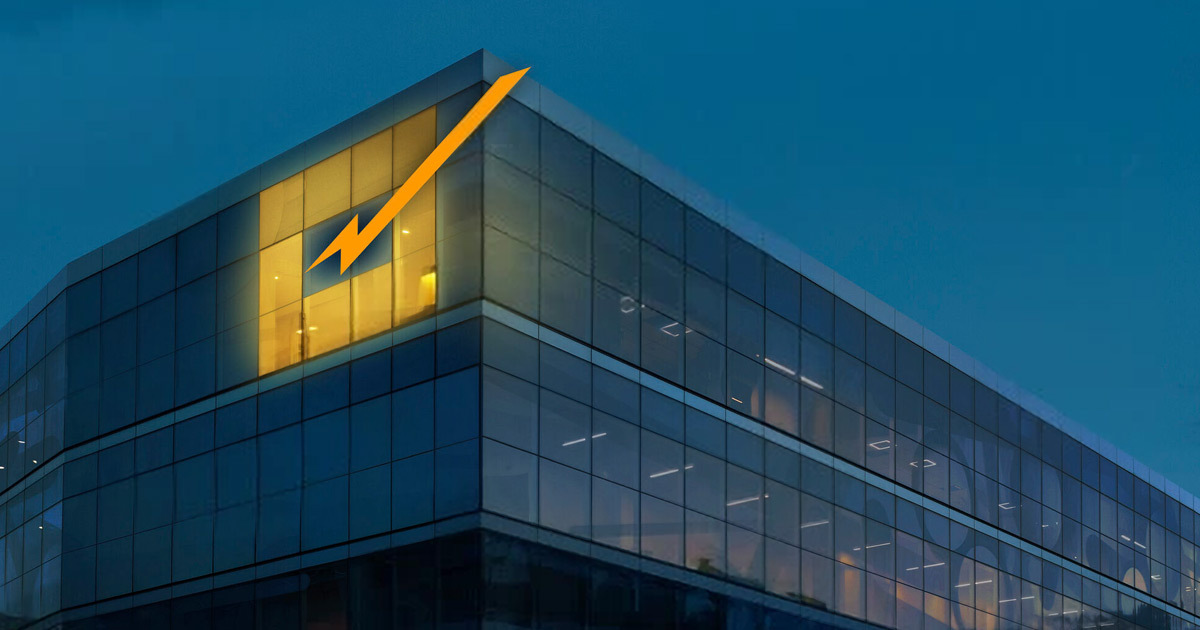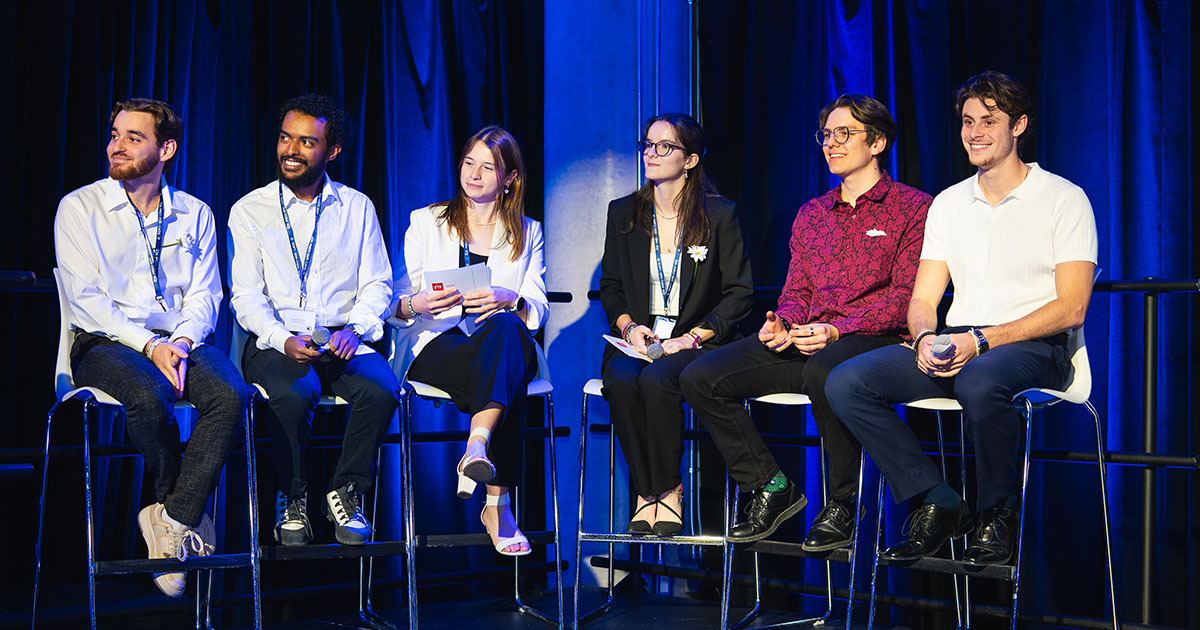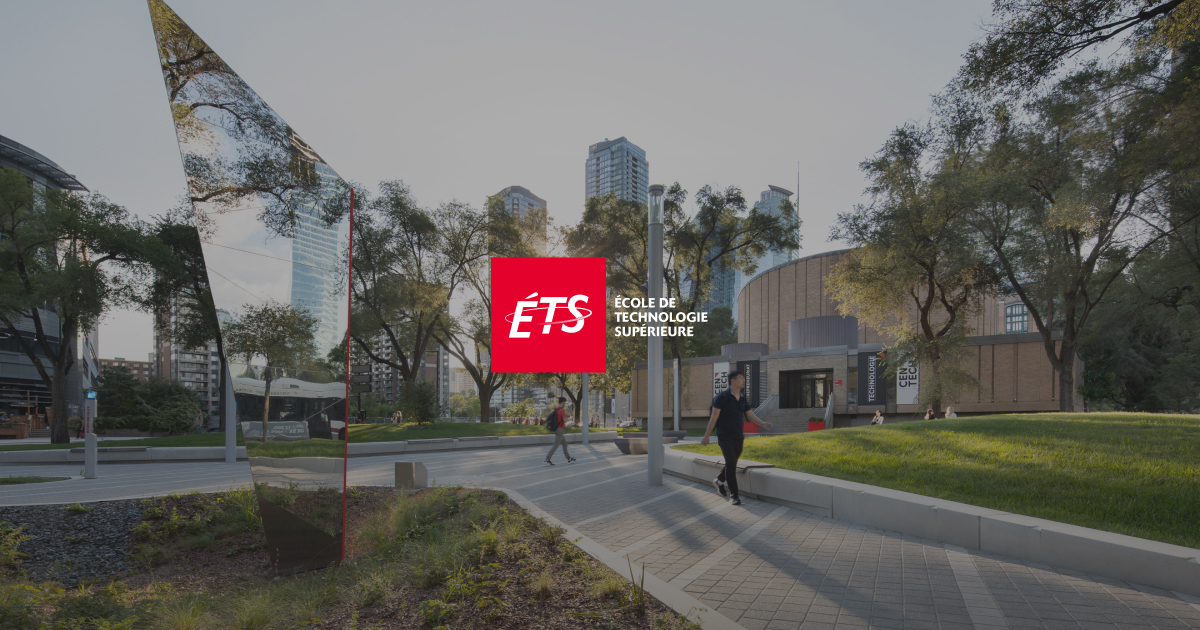
It is a well-known fact that paradox is sometimes a part of life. Such was the case in the path taken by Jean-Philippe Roberge. By the end of his teen years, he “didn’t feel like” going to university. Fast-forward two decades, and not only did he end up going, but since April 1, 2020, he has been a Professor in the Systems Engineering Department at École de technologie supérieure (ÉTS)!
In fact, it is his academic experiences that have given this robotics expert the drive to continually strive for more.
His story begins at high school, when he and a friend designed a frequency meter as a project for their Physics class. “That experience gave me a sense of the theoretical and the practical”, he recalls. It was one of the defining moments that inspired him to enrol in the Electrical Engineering program at Ahuntsic CEGEP.
At that time, he wasn’t considering going on to university, and he told his parents so.
However, his college studies awakened a passion for automation that he wanted to pursue. As a result, in 2005, Jean-Philippe Roberge began his undergraduate studies at ÉTS in the Automated Manufacturing Engineering program. Robotics soon became the primary target of his passion.
Focus on robotics
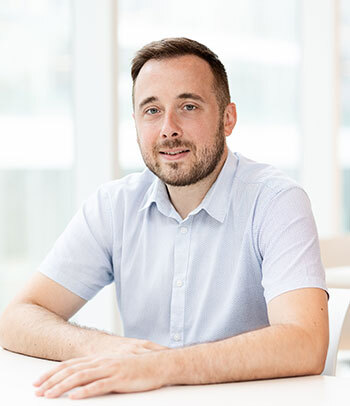
“I really enjoyed my undergraduate studies, but again, I felt the need to delve deeper into the field of robotics, and especially advanced controls and handling,” he continues.
In 2009, he began his graduate studies in Electrical Engineering at Polytechnique Montréal, during which he developed a three-dimensional vision system for mobile robotics, working in close collaboration with the Canadian Space Agency (CSA). That was the beginning of a partnership that continues to this day.
After earning his Master’s degree, Mr. Roberge held a number of positions until 2016, when his thirst for knowledge drove him to pursue a Ph.D. in Robotics, Artificial Intelligence and Tactile Intelligence under the co-direction of ÉTS and Stanford University in California.
During his post-graduate studies, he would go on to develop a variety of tactile sensors with the Biomimetics and Dexterous Manipulation Lab at Stanford. The focus of his research was always targeted on the use of data collected by sensors to feed powerful artificial intelligence algorithms with a view to expanding the existing limits of robotics.
According to Professor Roberge: “My goal was to resolve problems associated with the handling of items used in the context of tasks that are difficult to automate. I studied the use of tactile sensors linked to control algorithms aimed at enhancing the dexterity and agility of robots in factories.” One company is using the results of his work to improve the process of painting machined parts.
In addition to these accomplishments, his collaboration with Stanford University stands apart as one of the most enriching experiences of his life, both in terms of personal development and the expansion of his network of contacts.
Eyes in space
Jean-Philippe Roberge multiplied his contracts while pursuing his Doctorate. He laughingly recalls: “I worked a lot during my studies!”
Among the various positions he held was that of Programmer-Developer and person responsible for maintaining a series of robotic software applications used by clients of the ROS-Industrial consortium. He was also a Robotics and Artificial Intelligence Researcher for the Samsung AI account.
However, it was while working with the Canadian Space Agency that he really brought his robotics engineering talents to the fore. Over a period of nearly three years, he fine-tuned his three-dimensional vision system, which CSA continued to use until very recently.
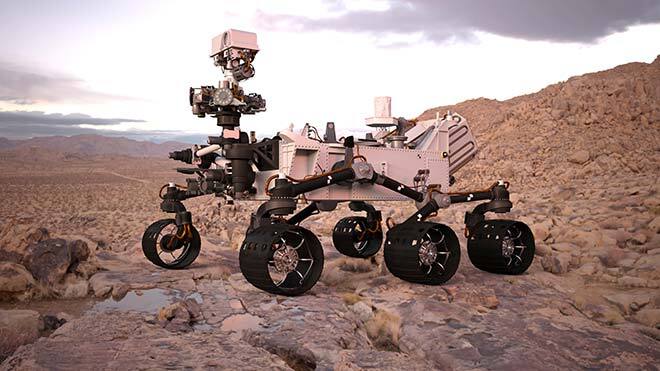
Aside: One morning, while he was concentrating on his work at a CSA laboratory, a man came in to speak to him, but Jean-Philippe did not recognize him. He later learned that the man was none other than Steven MacLean, President of the CSA and an astronaut who had taken part in two space missions in 1992 and 2006. Mr. MacLean had a good reason for his interest in Mr. Roberge’s project: he had carried out experiments to evaluate the space vision system during his 1992 mission!
At the beginning of 2019, CSA hired Mr. Roberge as a contractor to upgrade a new active vision system based on LIDAR technology so that the devices that were to travel to Mars could see at night using a laser. Jean-Philippe explains: “The system would allow robots to map out the environment in 3D and be able to move around safely and locate rocks to be collected, among other things”.
According to the ÉTS Professor: “My collaboration with the CSA is among my greatest achievements. Working with CSA experts enabled me to flesh out my education and greatly enriched my professional life, especially at the international level.”
Professor Roberge is also extremely proud of another scientific contribution: his participation in the development of a tactile sensor used at ÉTS, which is among the most effective sensors in the field.
A Professor in spirit
Jean-Philippe Roberge is an avid chess enthusiast. He loves to watch matches, and he even won a tournament when he was 13 years old! He has also been driven by teaching for many years. In fact, before becoming an official Professor, he had been an Instructor at ÉTS since 2013 and at Polytechnique Montréal from 2010 to 2012.
“I wanted to become a Professor in order to contribute to advances in research, but also, and more importantly, to share my love for learning with my students. Teaching classes is one thing, but my desire is to be able to expand my students’ horizons and help them to understand the importance of doing more than the bare minimum by constantly improving and thinking outside the box.”
Jean-Philippe Roberge firmly believes that the sky is the limit!

